Gazans bitterly harvest the consequences of Israel’s blockade and occupation of Palestinian territory.
After 18 days of Israeli aggression on Gaza, over 848 Palestinians have been killed, with more than 5,200 injured — over 80% are civilians. Along with that, over 1,000 houses have been demolished, of which 3,500 are partially damaged.
The entire Gaza Strip is under fire and there is no safe place to hide in this tiny piece of land. Hundreds of tons of explosives and thousands of missiles have struck the Palestinian territory. Day and night in Gaza, I cannot not stop thinking of the F-16 pilot whose job it is to launch the message of death on innocent people. How rational can he or she really be when deciding to press the button to launch a missile? What if they make a mistake?
Gaza has one of the highest population densities in the world. Over 1.8 million people live in an area of 360 square kilometers. That is an average of 5,000 people per square kilometer. Operation Protective Edge, Israel’s latest military offensive, is the third war on Gaza in under six years — the first coming in 2008-09 and the second in 2012. The Israeli government’s objectives during these offensives have been to destroy underground tunnels and Hamas, and prevent the launching of homemade rockets from Gaza into Israel.
Unsurprisingly, Israel has succeeded in not only destroying the desire toward a lasting peace among the population of Gaza, but also ensuring that Hamas has grown stronger — its rockets having improved from three kilometers in 2006 to 60 kilometers in 2012, and up to 100 kilometers in 2014. Currently, these rockets have reached as far as Tel Aviv and the nearby Ben Gurion Airport.
The Israeli land, air and sea blockade of Gaza, which, along with Egypt, was imposed in June 2007 and is still ongoing in 2014, was in fact the best formula to create and increase hatred, radicalism, extremism and disparity among Palestinians in the Strip. There are approximately 5,000 newborns every month in the territory, hence 60,000 babies a year, which means there are 60,000 Palestinians who become adults every year. They need jobs, education, housing, food, water and so on. The youth of Gaza, who make up over 50% of the population, have been deprived of traveling, obtaining higher education and from interacting with people of other countries. Palestinian youth are angry with the Israeli occupation of the West Bank and East Jerusalem and the siege of Gaza, all of which are seen as direct causes of their suffering and the wasting away of their future.
The question is: Have the blockade, occupation and wars made peace any more achievable? Why do leaders find it easy to enter wars instead of working hard to explore other peaceful initiatives to overcome their differences? Have we not sacrificed enough to deserve peace and stability?
Day and night in Gaza, I cannot not stop thinking of the F-16 pilot whose job it is to launch the message of death on innocent people. How rational can he or she really be when deciding to press the button to launch a missile? What if they make a mistake?
The longer the Israeli siege and occupation continues, the less support for peace there will be. Moreover, can we talk about peace with people who have lost their homes and possessions or those who grieve over loved ones? Wars create more enemies of peace than supporters. Wars, blockades, destruction and death provide a supportive environment to those who do not believe in peace. The least-used word in the everyday Gazan’s dictionary is “peace.”
Whereas the current crisis is likely to have driven up unemployment, most news sources report a rate of approximately 40%, with youth unemployment as high as 50% in the Strip. The blockade has caused poverty, resulting in more than two-thirds of Gazan families being dependent on aid. Consequently, we should expect that these families will shift their support to those who give them aid and jobs. Almost no construction material has been allowed into Gaza for many years, despite the need for 100,000 housing units following one war after another. Additionally, there are 20,000 new university graduates every year, while private businesses have been paralyzed due to a lack of investment and the restricted access to the export industry. There is no doubt that the siege and war on Gaza are highly welcomed by those forces and non-state actors who are not interested in stability and peace.
Peace is the Only Way Forward
In the end, however, it is clear that we have no other option but to make peace. The faster we act, the easier it will be to achieve a lasting peace settlement. We should act today if we are really committed to bringing peace to the region. The Israeli blockade on Gaza must be completely lifted; Gazans should be allowed to travel freely; and elections in the Occupied Palestinian Territories must be carried out sooner rather than later, in order to let a new democratic leadership take charge. Israeli politicians, intellectuals and citizens should understand that no matter how much military strength Israel has, its power will not bring peace.
Since the Israeli blockade on Gaza began, I have met with hundreds of international diplomats, Congressmen, parliamentarians, journalists and researchers. My colleagues and I have written tens of articles and policy papers, telling them that today’s solution — the Israeli siege — will be tomorrow’s problem. Gazans bitterly harvest the consequences of yesterday’s short-sighted solution. For those who are committed to peace, their task has become ever more difficult under the siege and occupation of Palestinian land.
The Palestinian people should be given what they have struggled for since 1948, which is an independent state and an elected leadership that is committed to unity, freedom, peace and prosperity, and living side by side with Israel. Prosperity is good for all sides of the conflict, while poverty and lack of hope can destroy a person. This is not a difficult formula for Israel and the international community to absorb, understand and act in accordance with.
*[This article was updated on July 27 to correct an error.]
The views expressed in this article are the author’s own and do not necessarily reflect Fair Observer’s editorial policy.
Support Fair Observer
We rely on your support for our independence, diversity and quality.
For more than 10 years, Fair Observer has been free, fair and independent. No billionaire owns us, no advertisers control us. We are a reader-supported nonprofit. Unlike many other publications, we keep our content free for readers regardless of where they live or whether they can afford to pay. We have no paywalls and no ads.
In the post-truth era of fake news, echo chambers and filter bubbles, we publish a plurality of perspectives from around the world. Anyone can publish with us, but everyone goes through a rigorous editorial process. So, you get fact-checked, well-reasoned content instead of noise.
We publish 2,500+ voices from 90+ countries. We also conduct education and training programs
on subjects ranging from digital media and journalism to writing and critical thinking. This
doesn’t come cheap. Servers, editors, trainers and web developers cost
money.
Please consider supporting us on a regular basis as a recurring donor or a
sustaining member.
Will you support FO’s journalism?
We rely on your support for our independence, diversity and quality.


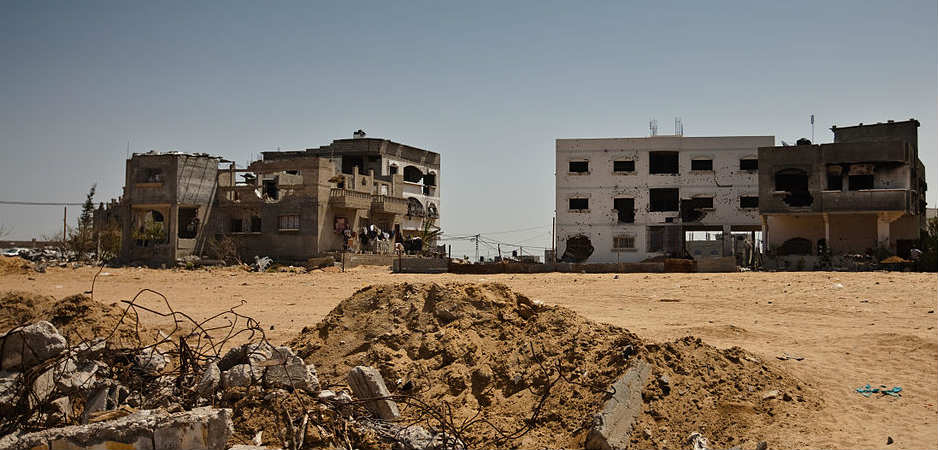
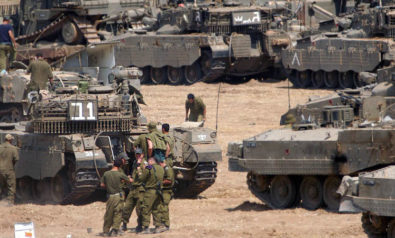
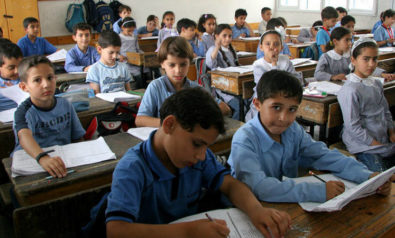

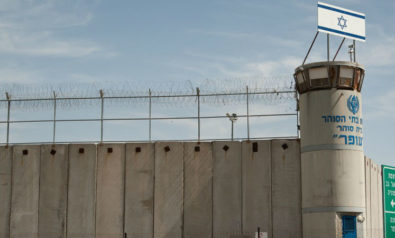
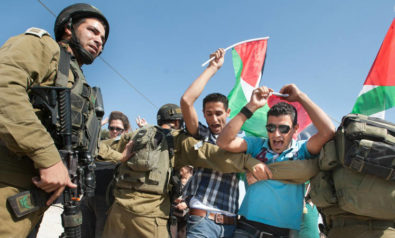
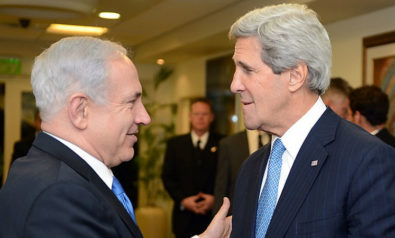
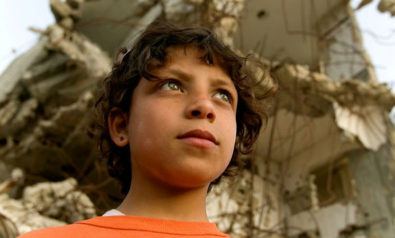

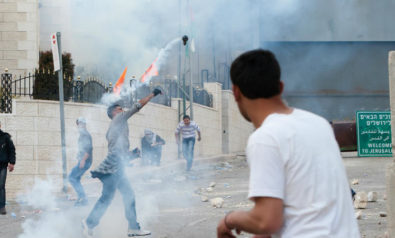
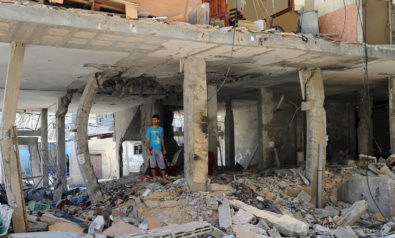
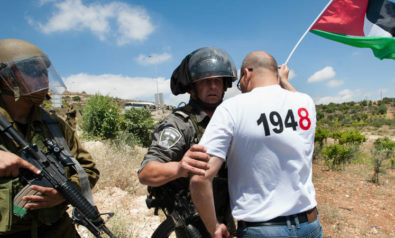
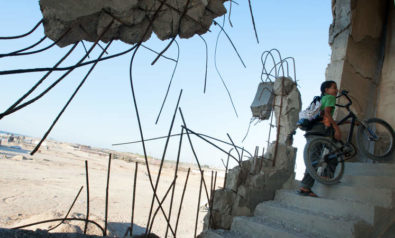

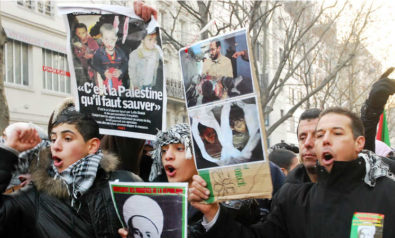
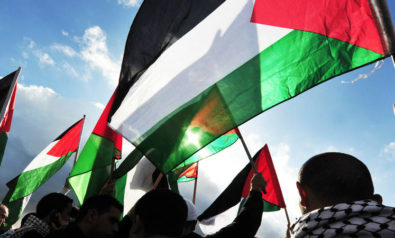

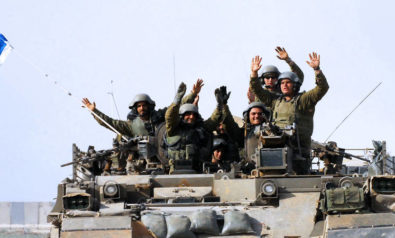
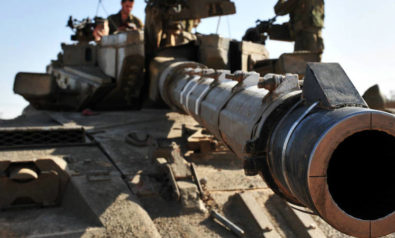
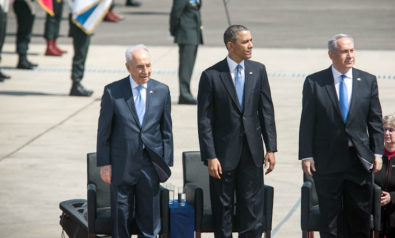
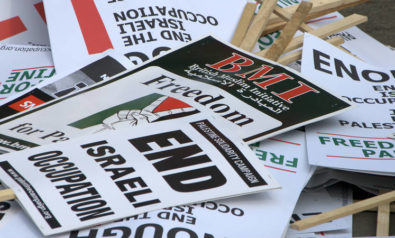
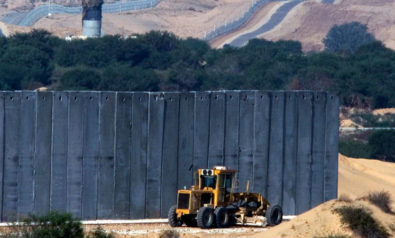

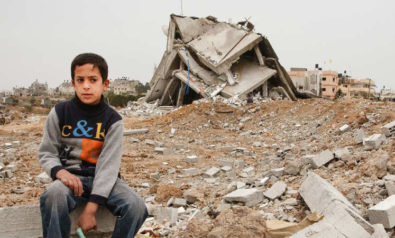
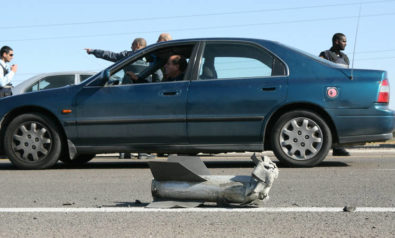
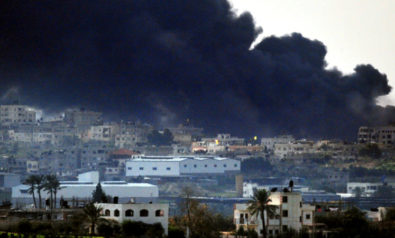
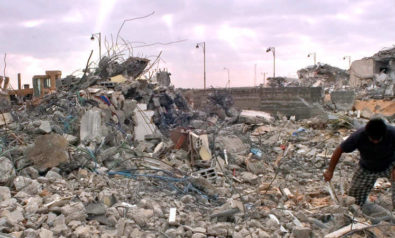
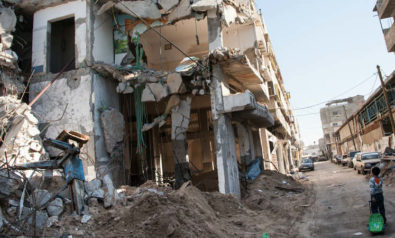
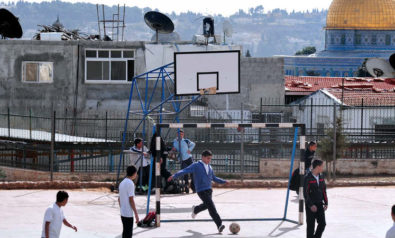


Comment
Please do you math homework: 360 sq km = 360000000 sq m ! Hence it is 0.005 people per sq m or 5000 people per sq km! (which is still high)
Your article is full with lies and disinformation. I am not going to argue with it here. I am only asking you to compare the daily life of a palestinian in the West Bank to the life
of a palestinian in Gaza. It is so drasticly different. Why ? Would’nt it be better for Gaza if Hamaz was not there ?
What can expect when you vote for fanatic religious merderous cynical people to govern Gaza ? Don’t blame Israel. Isreal is not the cause for the suffering
of the Gaza citizens. Blame the Hamas. Would you like your house to be bombarded by missiles for years ? Israel had no choice.
I am really sory for the suffering of the Gaza people. You shoud rebel against Hamas. They are the cuase of all this tragedy.
Your Jewish cousin. Avraham
1: So living under Israeli occupation and a corrupt PA constitutes a better way of life? Having your land stolen by illegal settlers makes it all better in the West Bank? Hamas is certainly no group of angels, but don’t bring your propaganda and claim that living in the Occupied West Bank or East Jerusalem is heaven.
2: Blame Israel for its breach of international law of numerous occasions. Settlements are illegal under international law and that is a fact. Israel cannot dispute this by claiming that a book from thousands of years ago gives them the right to claim land. Religion has no place in international law, be it Jewish, Christian or Islamic. We do not live in a theocratic world; it is by and large secular. There is no Israeli exceptionalism to law. What Israel’s policy is built on land grabs and theft. It should be held to account for crimes at the ICC.
Israelis should rebel against Netanyahu, the extremist Lieberman, et al.
Your Arab Christian cousin, Mona